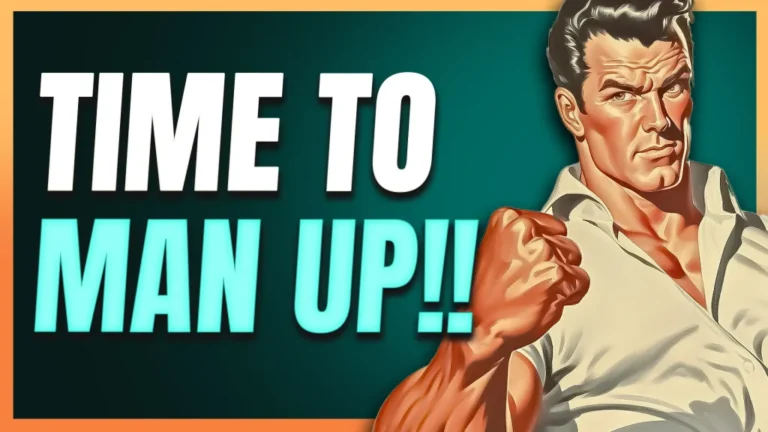Understanding the Misrepresentation of Men
Men, in short, reflect the full range of human potential. They are fully human in both their vices and their virtues. Yet, as men, we all face one shared challenge—maintaining our dignity in the face of what might be called the straw man of masculinity.
Society often portrays men as cruel, warmongering, insensitive, or disrespectful toward women and children. We hear that men cannot be trusted, that they are obsessed with sex, and even that all men are inherently violent. This distorted version of masculinity is, of course, a straw man. While some men may exhibit such traits, the assumption that all men are this way, all the time, is deeply flawed.
Psychological Roots of the “Straw Man”
From a psychological point of view, this issue stems from what psychologists call a core belief—a deeply held perception about oneself or others. We all carry core beliefs that shape how we see the world. Some may believe they are unattractive, socially awkward, or doomed to struggle. These beliefs filter reality, coloring every experience we have. If we expect others to dislike us, we look for rejection. If we believe life is difficult, we focus on hardship. In this way, beliefs reinforce themselves, creating self-fulfilling prophecies.
When it comes to masculinity, the collective belief that “men are bad” functions as a social delusion. It’s not just personal—it’s institutional. Media, politics, and even educational systems sometimes reinforce these views, leaving men unfairly stigmatized for traits they do not possess. This can have profound mental health consequences, as seen in rising male depression and anxiety rates, which are increasingly addressed through initiatives like new mental health campaigns for men.
The Invisible Man: Men in Caring Professions
This bias becomes especially painful for men in caring roles—nurses, child-care providers, social workers, and therapists—who often encounter the “straw man” more acutely. Their kindness and competence are overshadowed by suspicion or stereotypes. Despite demonstrating empathy and reliability, they are sometimes treated as if these qualities simply don’t exist. In a sense, they become invisible, victims of what cognitive scientists call attention bias, where existing beliefs filter out contradictory evidence.
Authenticity vs. Approval
During my own therapeutic training, I often find myself the only man in a group, subtly cast into the role of this “straw man.” Whatever I do—whether kind, flawed, or vulnerable—it is sometimes filtered through the lens of stereotype. The challenge becomes whether to seek acceptance by conforming to expectations or to stay authentic despite judgment. As explored in anger and aggression psychology, authenticity requires courage, especially when it contradicts group narratives.
Choosing Self-Integrity
We face two paths: we can apologize for being men and try to “go native,” echoing the most extreme critiques to gain approval, or we can remain true to ourselves—even when misunderstood. The former sacrifices authenticity for acceptance; the latter risks rejection but preserves integrity.
Moving Beyond the Straw Man
Ultimately, we cannot dismantle societal delusions single-handedly. The only change truly within our control is our own. As with personal development and ego strength, growth begins with self-awareness and emotional maturity. We must recognize societal misperceptions for what they are—distorted narratives—and avoid internalizing them. By doing so, men can live with dignity, authenticity, and compassion, regardless of cultural projections.


